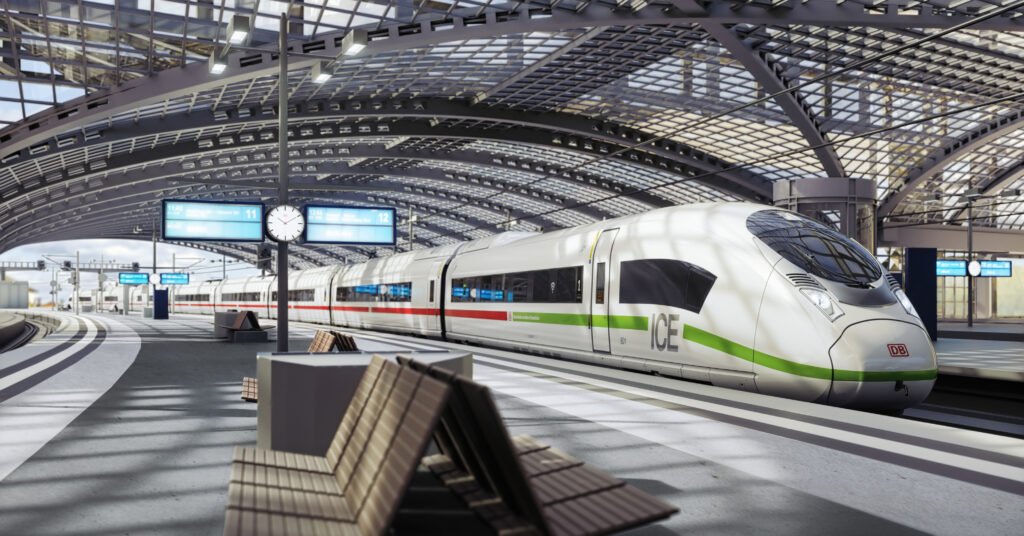DB and SBB to Increase Rail Service Between Germany and Switzerland
Demand for international rail services between Germany and Switzerland has increased rapidly in recent years. At the Basel border crossing alone the number of passengers has increased by over 25 per cent in the past…
